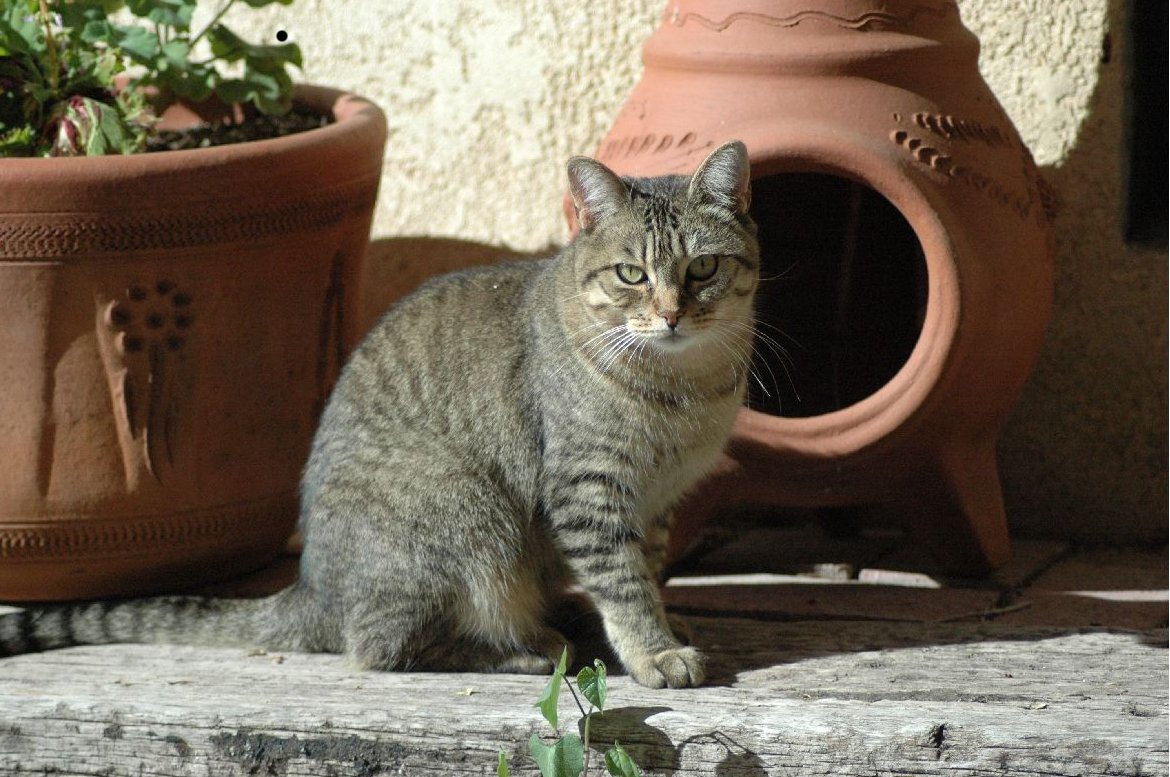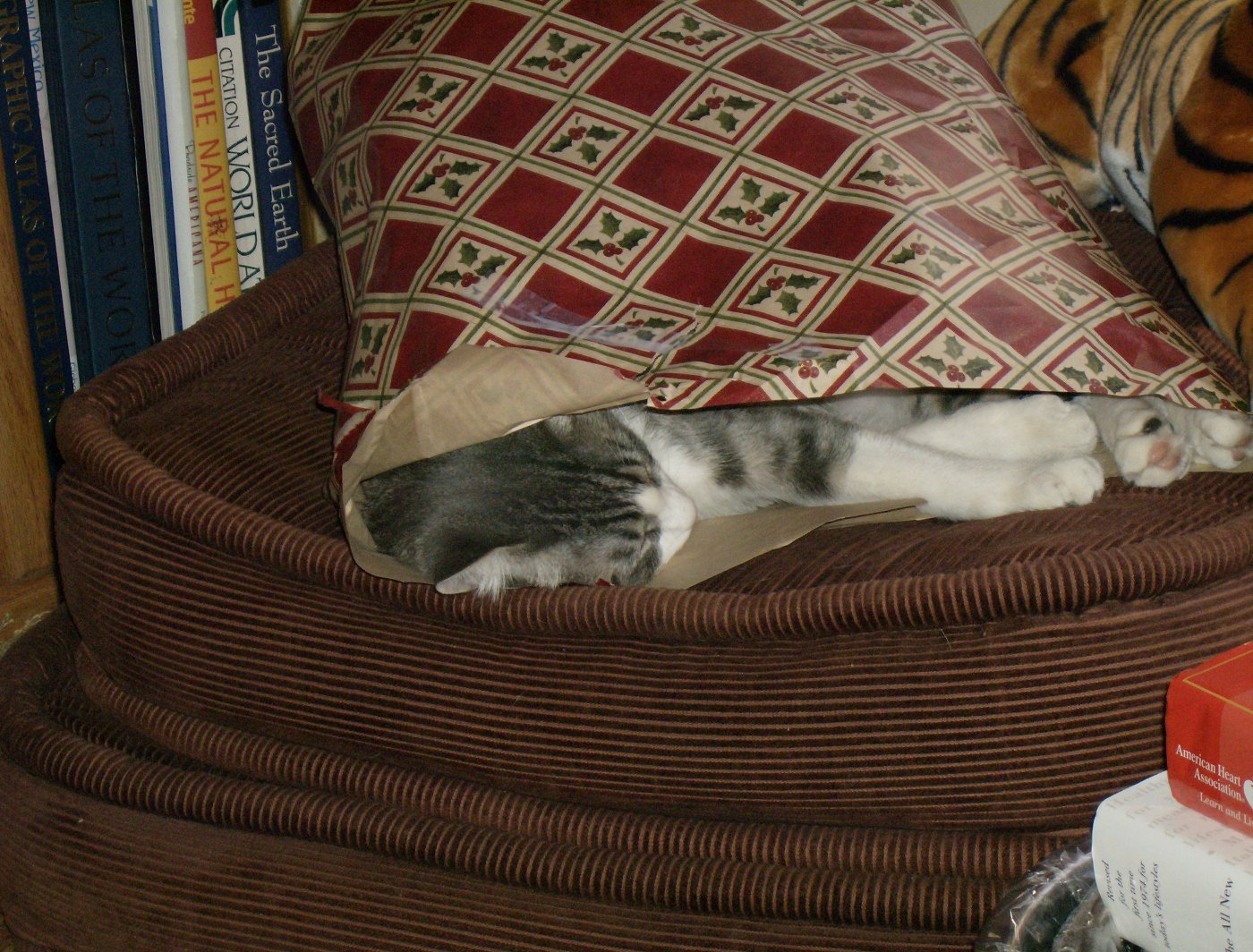Early life (1945 to 1967)
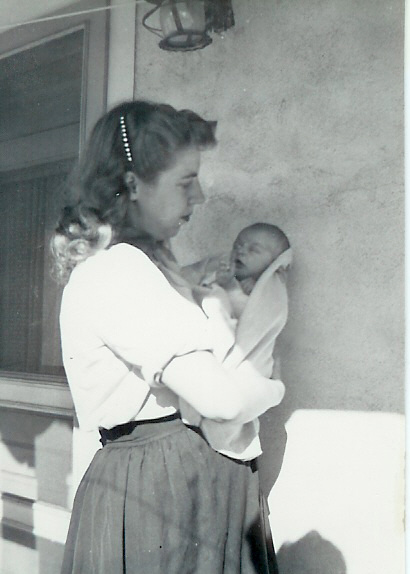
 My
life began on March 27, 1945 in Santa Fe, New Mexico. My parents,
Philip Thayer Hayes (1923–2012) and Helen Schooley Hayes (1922–1993), named me Richard Philip Hayes. About a year after I was born in Santa Fe, my family moved to Albuquerque, which was our home base until 1958. When my father's US Geological Service office was transfered to the Denver Federal Center in Lakewood, Colorado, I went to Lakewood High School and then attended Beloit College in southern Wisconsin
from 1963 until 1966, majoring in English composition.
My
life began on March 27, 1945 in Santa Fe, New Mexico. My parents,
Philip Thayer Hayes (1923–2012) and Helen Schooley Hayes (1922–1993), named me Richard Philip Hayes. About a year after I was born in Santa Fe, my family moved to Albuquerque, which was our home base until 1958. When my father's US Geological Service office was transfered to the Denver Federal Center in Lakewood, Colorado, I went to Lakewood High School and then attended Beloit College in southern Wisconsin
from 1963 until 1966, majoring in English composition.
In 1967, just a semester before I was due to graduate from Beloit,
I received notice that I was to report to the draft board in
Denver, Colorado for preliminary examinations. I went in for my
physical examination in January and was told I would be called to
service within a few months. While waiting for the notice to report
for induction, I attended two series of seminars at the Jefferson
County Unitarian Church in Colorado. One series was on the trial of
Socrates, the other on Buddhism. These two seminars helped me
realize that I must act on my strong opposition to American
participation in the war in Vietnam.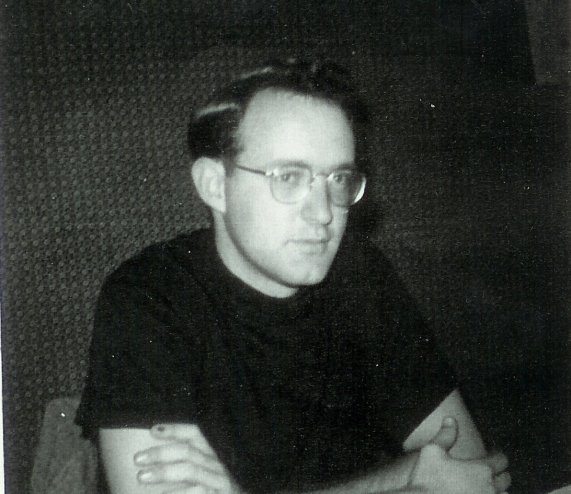
I decided to leave the country of my birth and move to Canada in March 1967. My first Canadian home was in Winnipeg, Manitoba, where I was married in the Unitarian church and worked in a low-paying job in a sheet metal factory for a few months. Come summer, my wife Linda and I moved to a Quaker community in the mountains of British Columbia and then to the farmlands east of Lethbridge, Alberta, where I worked on farms and in factories and played guitar in a country music band for about a year and worked on a novel and a play, both of which I eventually threw in the fire in a dramatic outburst of artistic temperament. During the year in Alberta, I attended the small Quaker meeting in the home of one of the three Quaker families then living in Lethbridge.
Education in Canada (1968 to 1982)

In the autumn of 1968, we moved to Ottawa, Ontario, began attending the Quaker Meeting in Ottawa and enrolled in Carleton University. I graduated in 1972 with a BA in Religion with a minor in philosophy. By this time we had two children, Jane Elizabeth (born 1969) and Jesse Alden (born 1970). We moved to Toronto in 1972 so that I could go to University of Toronto, where I earned an MA in Sanskrit and Indian Studies in 1974 and immediately went into the PhD program.
Life as a graduate student had a heavy toll on family life, and in 1976 my marriage came to an end, an event that threw my life into a great deal of pain and turmoil. Not only did my marriage end, but so did my association with the Quakers—until many years later.
While doing research towards the doctorate, I studied in the Department of Indian Philosophy at Hiroshima University from November 1977 until May 1979. My interest in Buddhism was rekindled by many visits to Buddhist temples in Hiroshima, Kyoto and Nara and contact with Japanese students who were priests in family temples. While I was away in Japan, the department of Sanskrit and Indian Studies at University of Toronto came to an end. Nevertheless, I managed to continue working on my thesis and graduated with a degree in South Asian Studies in 1982.
The Zen Years (1982 to 1988)
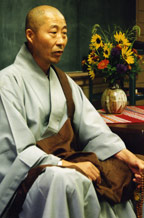
Throughout the years of formal education in religious studies and Buddhist studies, I was keenly aware that my main motivation for all these studies was to come to a clearer understanding of Buddhist thought and practice. Like many other people, I had taught myself Buddhist meditation from books. By the time I had a doctorate, I knew the time had come to plunge more seriously into practice. It was really by accident that I happened to go with a friend to visit the Zen Temple of Toronto, founded by Korean Zen master Samu Sunim. Shortly after that visit I found myself taking classes in meditation and attending Sunday services. In 1983 I felt ready to go for refuge and take the bodhisattva precepts. On that occasion Samu Sunim gave me the name Mubul, a Korean pronunciation of the Chinese characters that mean No Buddha. As Mubul I practiced zen, served on the board of directors of what was then called the Zen Lotus Society, and underwent training as a Dharma teacher under Sunim's direction.
Although I still treasure my association with Samu Sunim, it did not take me long to realize that I was not going to be comfortable with many aspects of Zen practice and culture. The authoritarian nature of the organization did not suit my temperament, much of which had been formed during the years when I was attending Unitarian churches and going to Quaker meetings. In 1988 I was offered a job in Montreal. The move away from Toronto provided an excuse to resign from the Zen Lotus Society and set out on a more independent Buddhist practice.
Montreal (1988 to 2003)

In 1987, the Zen Lotus Society had sponsored an eight-day conference on Buddhism in North America. At that conference I became friends with two dharmacharis, named Nagabodhi and Manjuvajra, from what was then called the Friends of the Western Buddhist Order (FWBO), who gave spirited presentations at the conference. By the time the conference was over, I had developed an interest in their approach to Buddhism. Within a few months I made my first visit to Aryaloka, an FWBO center that Manjuvajra had established in Newmarket, New Hampshire.
In 1988, I was hired to teach Buddhism and Asian religions in what was then the Faculty of Religious Studies at McGill University in Montreal. During the early years of teaching there, I had weekly meditation sessions in my home, which were attended by some students and other people who somehow heard about the sessions. After several years of running meditation groups in my home as an independent practitioner, I began to feel the lack of real community. In the summer of 1994 I attended a retreat at Aryaloka and became convinced the FWBO was a community with which I could be comfortable. In 1995 I requested ordination as a dharmachari and so began several years of attending study and meditation retreats. The initial training phase formally ended when I was ordained as a dharmachari in the Western Buddhist Order in Bor Dharan, India in January 2000. An account of the ordination appears in a letter to friends written shortly after the ceremony.
Coming full circle
Not long after being ordained, I attended an interfaith conference at the Elijah School in Jerusalem. The presentations I gave there, entitled A Buddhist's Reflections on Religious Conversion offer a more extended set of reflections on, among other things, the FWBO, which has now been renamed the Triratna Buddhist Order.
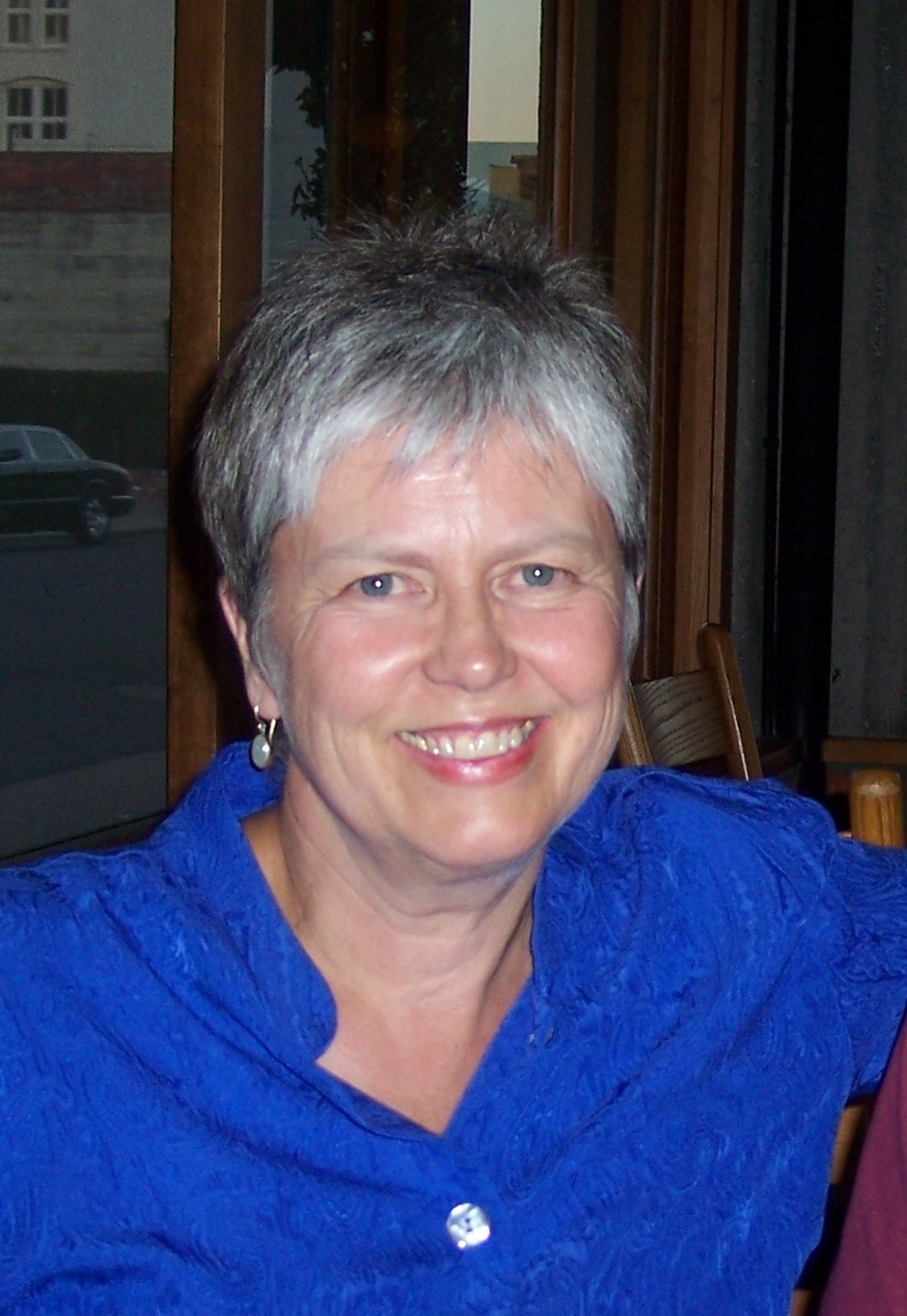 While attending the conference in Jerusalem I met and quickly
fell in love with a woman named Judy Howe, whose long spiritual journey fascinated me. We
continued to correspond and within a few months set up a household
together in Montreal.
While attending the conference in Jerusalem I met and quickly
fell in love with a woman named Judy Howe, whose long spiritual journey fascinated me. We
continued to correspond and within a few months set up a household
together in Montreal.
During the 2001-02 academic year, I took sabbatical leave from McGill and taught and did research in the Department of Philosophy at the University of New Mexico. Toward the end of that sabbatical leave, I was offered a job teaching Asian philosophy in the Department of Philosophy at UNM. It felt so good to be home again that Judy and I decided that I should accept the offer so that we could come back for an indefinite stay after completing a final year at McGill in May 2003. We were married in the summer of 2003, shortly after moving back to Albuquerque. We attended the First Unitarian Church for a while before returning to the Albuquerque Quaker Meeting, where we eventually became members. Before becoming a member of the Quaker Meeting, I made certain that both the Quakers and the Triratna Buddhist Order (TBO) were comfortable with my being a member of both communities. So now I find myself not only a citizen of two countries, but a member of two religious organizations.
In the summer of 2012 we rented a house a few miles north of Jemez Springs, NM. We purchased a home in Area One, just north of the village of Jemez Springs in October of 2012. Upon my retirement from the University of New Mexico in August 2013, we sold our house in Albuquerque and moved to our home in Jemez Springs. We lived there with our two dogs named Pepper and Annie and two cats named Doris and Neko-chan. (There are no web sites chronicling their spiritual journeys.) After five years of living in the Jemez Mountains, we felt it was time to move closer to the city. All of us except the cat Doris, who died November 27, 2017, now live in the village of Corrales, NM.
Personality type
For most of my adult life I have enjoyed taking personality tests of various kinds. Several times I have had occasion to take a Myers-Briggs personality test and have usually come out as an INFP (introverted intuitive feeling perception). More recent tests suggest a Myers-Briggs profile of ISFP (introverted sensate feeling perception). In the classification of types known as the enneagram, I consistently come out as a type 9 (peacemaker). Judy consistently tests as INFP and enneagram type 9. As might be expected, we have a peaceful relationship.


